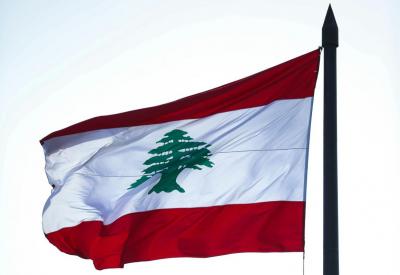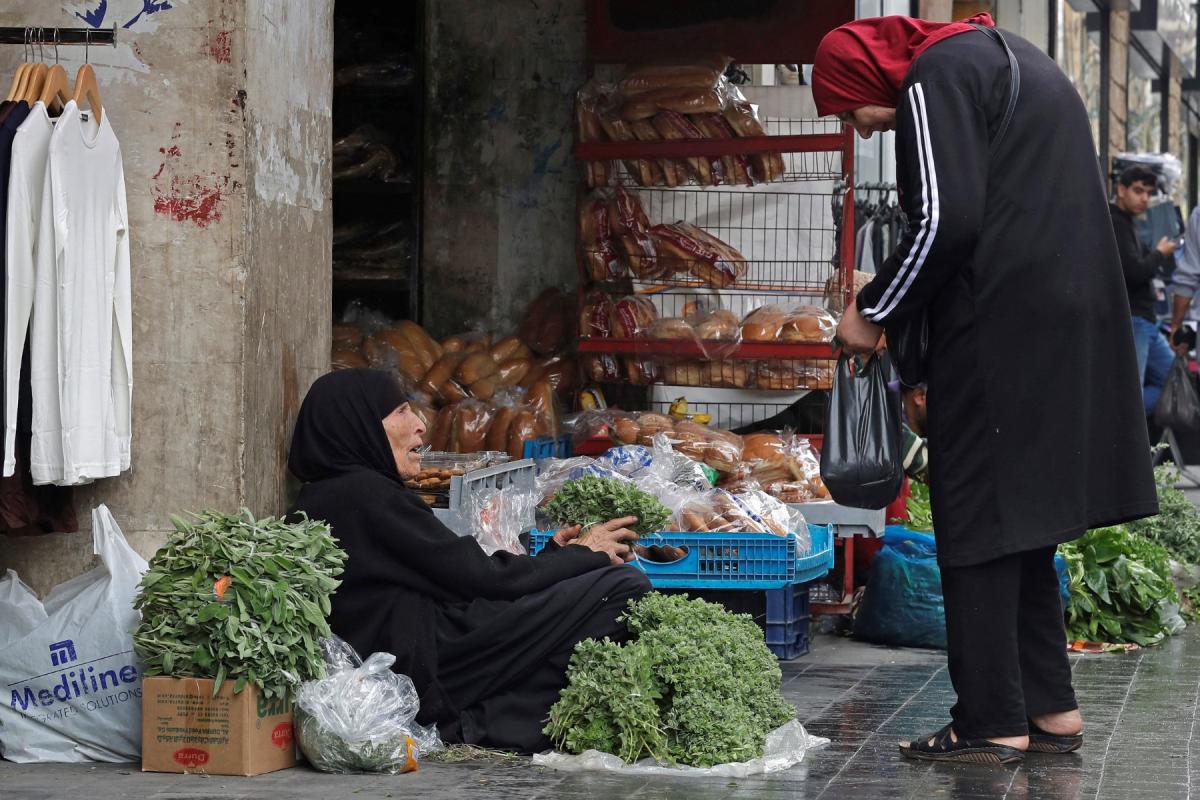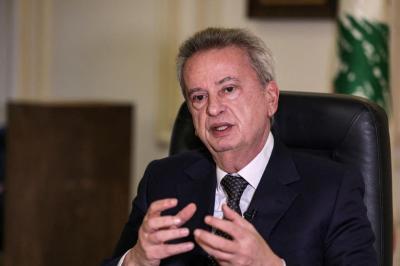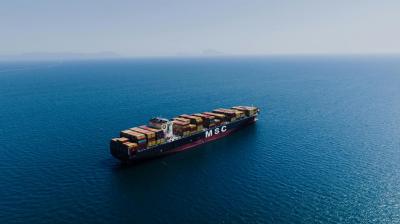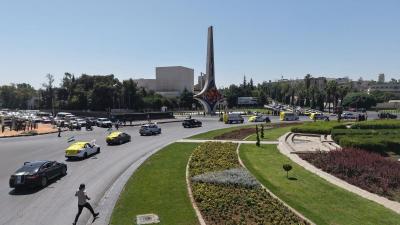The World Bank has ranked Lebanon’s ongoing economic collapse, which began in 2019, among the most severe global crises since the mid-19th century. At its core, this is not simply a financial meltdown but a structural and political one. The crisis lays bare the failure of Lebanon’s post–civil war economic model and the weakness of a political system built on sectarian quotas, patronage, and clientelism.
A Governance Crisis
The financial implosion of 2019 and its aftermath are symptoms, not the root cause. Analysis reveals three underlying flaws:
First, a deceptive financial system. Since the 1990s, Lebanon pegged its currency to the U.S. dollar, attracting capital through sky-high interest rates that reflected the country’s risk but also lured investors, particularly expatriates. These inflows—averaging $3.1 billion a year—were used to cover chronic budget deficits and an ever-rising public debt.
Second, political paralysis and clientelism. Lebanon’s political elite weaponized sectarian rhetoric to exploit state resources and the banking sector, creating networks of corruption and patronage. Infrastructure crumbled, public finances deteriorated, and essential services declined.
Third, a refusal to reform. Successive governments since the early 2000s have ignored repeated international appeals for structural change—from the Paris I, II, and III conferences to the 2018 CEDRE pledges. Even after the 2019 crash, Lebanon’s ruling class resisted negotiations and reforms, fearing exposure of their culpability and the loss of their privileges.
Devastating Consequences for Citizens
The World Bank’s harsh ranking is no exaggeration. The human and economic toll is catastrophic:
- GDP collapse: Lebanon’s nominal GDP plunged by more than 50% between 2018 and 2021. The currency lost over 98% of its pre-crisis value, demoting Lebanon from an upper-middle-income country to a lower-middle-income one. Per capita income fell from $14,000 to $3,500.
- Soaring poverty: According to ESCWA, multidimensional poverty now afflicts 82% of the population. Some 40% of Lebanese cannot meet basic needs, hollowing out the middle class and expanding the poor majority.
- Public service breakdown: Healthcare, education, electricity, and wages collapsed, prompting a brain drain of doctors, engineers, academics, and tech professionals—an exodus that cripples future growth.
- Internal displacement: Many households cannot afford fuel, medicine, or food, forcing them to uproot and undermining their social and economic resilience.
The Road Ahead
The path to recovery is clear but politically near-impossible.
First, Lebanon needs a sweeping structural overhaul. External financing—whether from expatriates, the IMF, or foreign allies—without deep reforms would only provide a temporary patch.
Second, the economy must pivot from debt-driven imports to production and exports, requiring institutional restructuring and judicial independence.
Third, the banking crisis must be resolved through a fair, transparent distribution of financial losses between the public and private sectors, sparing depositors from confiscation.
Fourth, time is critical. Continued political paralysis will magnify social and economic costs, and Lebanon risks losing more than a decade of its human capital—talent that may never return.
Rebuilding the System
True change demands demolition and reconstruction of the economic system to build a productive, export-driven model. That means: restructuring both public and private finance; enacting financial regularization and deposit recovery laws; passing capital controls; publishing audited state accounts covering the past 22 years; conducting forensic audits of the central bank, ministries, and public institutions; dismantling cartels; enforcing public procurement laws; expanding credit access for small and medium enterprises; guaranteeing judicial independence; and implementing genuine anti-corruption and fiscal reforms.
Conclusion
Since its independence from France, Lebanon has existed in a fragile balance, swaying with regional and international winds. To survive, its leaders must craft a formula that shields the country from external storms through enshrining a policy of positive neutrality in the constitution. Only then can Lebanon hope to escape its cycle of crises and begin to rebuild.
Please post your comments on:
comment@alsafanews.com
 Politics
Politics
